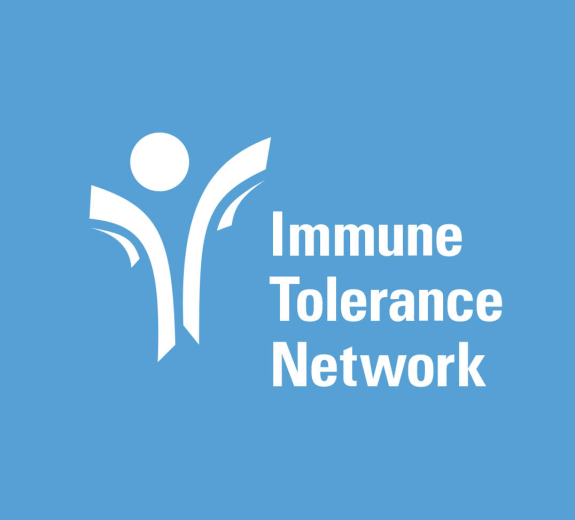
Benaroya Research Institute at Virginia Mason Receives Second 7-Year Award from the National Institutes of Health to Lead the Immune Tolerance Network
Global research network advances cutting-edge research to reverse and prevent autoimmune diseases and allergies
The Benaroya Research Institute at Virginia Mason (BRI) has, for the second time, been awarded the Immune Tolerance Network grant from the National Institute of Allergy and Infectious Diseases (NIAID), part of the National Institutes of Health (NIH), to lead the Immune Tolerance Network (ITN). This 7-year award supports the work of the ITN in cutting-edge clinical trials that, in conjunction with laboratory studies of immunological responses, are designed to uncover and target immune system checkpoints that have the ability to reverse autoimmune diseases and allergies and facilitate organ transplantation.
“Understanding the immune system is the basis for many opportunities in medicine,” said Gerald Nepom, MD, PhD, director of ITN since 2010. “The ITN partners work with academic, government, and industry researchers to accelerate the clinical application of new drugs and new knowledge for immune tolerance, and this award enables us to advance novel interventions that will improve people’s lives.”
Acting as the lead institution for the network, BRI will collaborate with expert academic investigators at several participating universities, including Harvard, Duke, the University of California San Francisco, the University of Michigan, and Emory, to develop and implement clinical trials. Efforts will build upon advances made by the ITN over the last few years, including preventing peanut allergy through controlled early childhood food exposure, which changed international pediatric guidelines; achieving durable remission from relapsing multiple sclerosis through bone marrow transplantation, now expanding to a large, pivotal international trial; and inducing partial remission from type 1 diabetes with a monoclonal antibody therapy that has now moved to final testing phases and may become the first immune-based treatment for this disease.
“BRI is honored to once again be entrusted with leading the ITN. The impact of the ITN on improving immune system health has been significant, and we are proud to have the chance to work with our colleagues and continue to build upon that success,” said Margaret McCormick, PhD, executive director and chief operating officer at BRI.
The ITN is composed of investigators and advisors who develop clinical trials based on science-driven strategies that often involve several sequential studies. Because the ITN covers different areas of clinical immunology, such as food and respiratory allergies, autoimmune diseases, and both liver and kidney transplantation, scientists in the network can efficiently take principles learned in one disease area and apply them to another.
The ITN is funded by NIAID under award number UM1AI109565.
For more information about ITN, visit www.immunetolerance.org
For more information about BRI, visit www.benaroyaresearch.org


